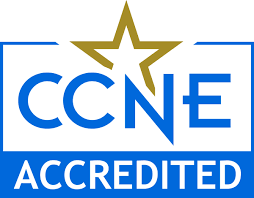Overview
The Bachelor of Science in Nursing (BSN) program at Ponce Health Sciences University is a three-year, in-person program that prepares students for a rewarding and impactful career in nursing. With direct admission from high school and one of the most affordable tuition rates, the program provides an accelerated and accessible path into the profession.
Located on the same campus as PHSU’s medical school, BSN students learn in a collaborative, interprofessional environment, gaining exposure to future physicians and hands-on clinical experiences. The curriculum emphasizes evidence-based practice, clinical judgment, holistic care and patient-centered care.
Students are supported by faculty mentorship, academic resources, and partnerships with leading healthcare systems, ensuring a strong foundation for clinical practice and professional growth.
Committed to expanding access for underrepresented and underserved students, the PHSU BSN program prepares graduates for licensure and empowers them to become skilled, compassionate leaders ready to tackles today's healthcare challenges.
Duration
3 Years
Mode
In-Person
Tuition
Resident $221/ Credit Hour
Non-Resident $441/ Credit Hour
Languages
Spanish
|
BSN Graduates Go on to Careers in Hospital Nursing, Primary and Community Health Centers, School Nursing, Long-Term Care, Education, Emerging Roles in Leadership & more. |
|||
|
Where Nursing Dreams Become Reality |
Program Details
Core Values of the School of Nursing
Compassion
Diversity
Trust
Ethics
Excellence
Holism
Creativity
Respect
Courage
Commitment
Professionalism

Ready to take the next step? Request more information below.